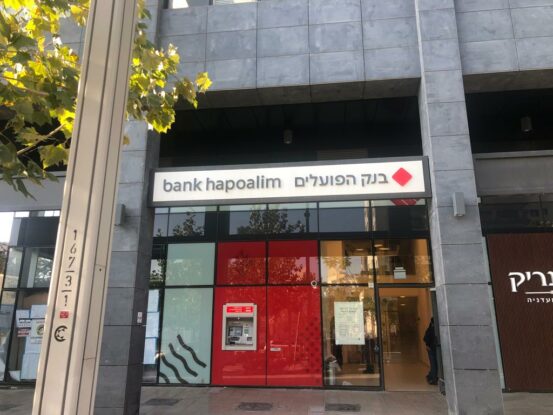According to data from the Bank of Israel, the average mortgage in November stood at 1 million NIS. This represents a 1.1% decrease compared to October and an increase of over 6% compared to last year. The volume of high-risk mortgages with a loan-to-value ratio of 60%-75% remains significant.
By Doron Beruitman, Nadlan Center
The average mortgage amount in November was 1 million NIS, according to Bank of Israel data released today (Tuesday). This marks a 1.1% decrease compared to the previous month (October) and a 6.2% increase compared to last year. Excluding mortgages for “discounted apartments,” the average mortgage stands at 1.01 million NIS—a 1% decrease from the previous month. As reported earlier this month, the total mortgage volume for November amounts to 7.958 billion NIS.
The volume of high-risk mortgages, with a loan-to-value ratio of 60%-75%, remains significant, accounting for 44.3% of all mortgages taken during the month. This represents a two percentage point increase compared to last year’s period. In contrast, a loan-to-value ratio of 45%-60% accounts for 29.1% of all mortgages taken during the month, marking a decrease of approximately two percentage points from last year.
Most mortgages taken during the month were for apartments priced between 2-3 million NIS. These mortgages amounted to 2.2 billion NIS, representing 28.5% of all mortgages taken during the month. Notably, there was a 26.8% increase in mortgage volumes for apartments priced over 5 million NIS compared to the previous month. This compares to a 17.6% increase for apartments priced between 3-5 million NIS, 11.9% for apartments priced between 2-3 million NIS, and 12.4% for apartments priced between 1.2-2 million NIS.
Meanwhile, the volume of mortgage debts owed to banks continues to grow, reaching 586.69 billion NIS, with 1.059 million active loans. Mortgage debts to banks have increased by 6.3% compared to last year’s period.

Nadlan Center is Israel’s leading real estate news and knowledge platform in Hebrew, created for industry professionals. Founded by experts in the field, it delivers in-depth, up-to-date coverage on urban renewal, planning and construction, taxation, and housing policy — tailored to the needs of developers, investors, planners, and financiers. In addition to its widely read news content, Nadlan Center hosts major industry events, professional conferences, and training programs that support the growth and development of the Israeli real estate sector.
Learn more: https://www.nadlancenter.co.il






